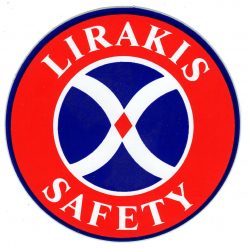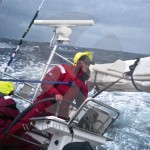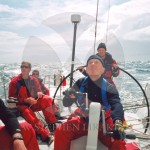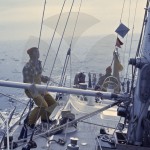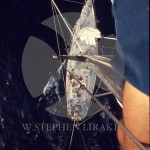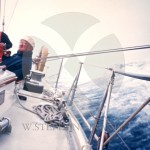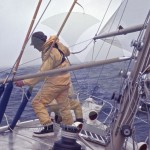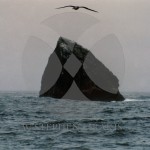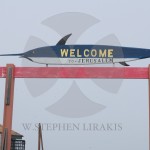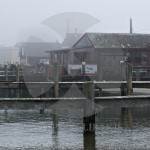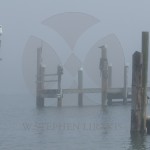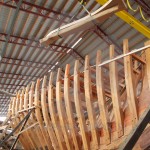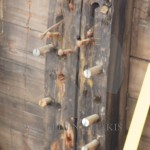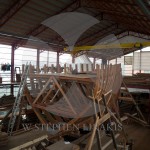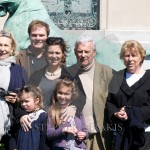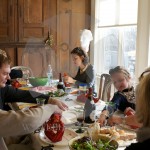Month: April 2011
NEW CAT IN TOWN
This Friday, “Mar Mostro” Puma racing’s newest ride will be launched; sailing by Monday. No photos as the team wants to have the pleasure of revealing the graphics.
TRANSATLANTIC RACE 2011 PANEL TODAY
Today there will be a panel discussion hosted by Thomson Reuters about the upcoming transatlantic race from Newport, RI to the Lizard, Uk. An audio feed and live blog will be HERE.
Gary Jobson will moderate, John Rousmaniere, Reeves Potts, Bob Towbin, Larry Huntington, George David, and Chris Gartner will participate.
AMERICA’S CUP UPDATE
We know that 15 teams have submitted to challenge. Training on the 45 foot catamarans has been ramping up;but little has been heard about the inner workings of how the Cup would be handled by San Francisco. Here is a small preview.
|
JERUSALEM ON EASTER
What destination could be more appropriate than Jerusalem on Easter. In our case, a spur of the moment day trip, was to Jerusalem, Rhode Island; opposite Galilee both fishing villages. The last time I had been here was during my college years. There are clearly more weekend houses, much more elaborate than the simple fishing shacks of my youth. Still however, one gets the sense that life here is as still as the protected waters of Salt pond.
I HOPE YOU SMILE
INTUITION
A look at the Finn under the water
This is a fascinating article that is really applicable to any dinghy. Most dingy sailors do things because they somehow know it’s right. Because it is faster than the boat next to them; avoiding anything that makes them slower. It is observed and learned. I don’t think anyone sailing asks themselves the technical questions while they are out on the water; many people never trouble their minds with these questions, especially if they are fast, it’s all that matters.
During my college years we would go out and sail against each other for hours at a time, refining each movement in the boat. In today’s world they are doing it better and much sooner. The young kids are so much more sophisticated than we were; in every sport.
On big keel boats one really does have to know that what you are doing is fast, because the results do not manifest themselves quickly. Particularly in a distance race where you might not see another boat. It is the learned behaviors we come to rely on.
TRUNNELS AND DECK BEAMS OR A CORONET UPDATE
More progress on the “new” Coronet. The deck beams are set on the forward frames that have been set. The trunnels have arrived. Trunnels are usually made of Locust and are in fact a very good and clever way to secure planking and other things on a hull. The quality of the work on the Coronet makes it a work of art.
COUSINS
My posts are usually not so personal; but if we put life in perspective, what touches my life most profoundly? Is it the America’s Cup? The Six Meter World Championship? Or is it friends and family? I am hoping the questions begs the answer. Florence, niece to my wife, is finishing a year at Harvard before returning to Paris, came for the day with her parents, children, and uncle.
After a whirlwind tour of “Chateau-sur-mer”, “Marble House”, “Rosecliff “, “The Breakers”, and “The Elms” ( all properties of the Preservation Society of Newport County) marvels of American interpretations of European architecture. We returned home for a late lunch of cold lobster and red wine and of course conversation. Florence’s children were very patient with all of us, given that our topics of talk might not have been their first choice.
EXTREME SAILING, A PREVIEW OF THE AMERICA’S CUP?
Is this the kind of event the America’s Cup organizers are hoping for? Is it all about NASCAR? I freely confess I find this thrilling to watch and I raced multihulls (tornado) a long time ago now. It was splendid sailing, but extreme sailing makes sailing seem destructive and wasteful.
